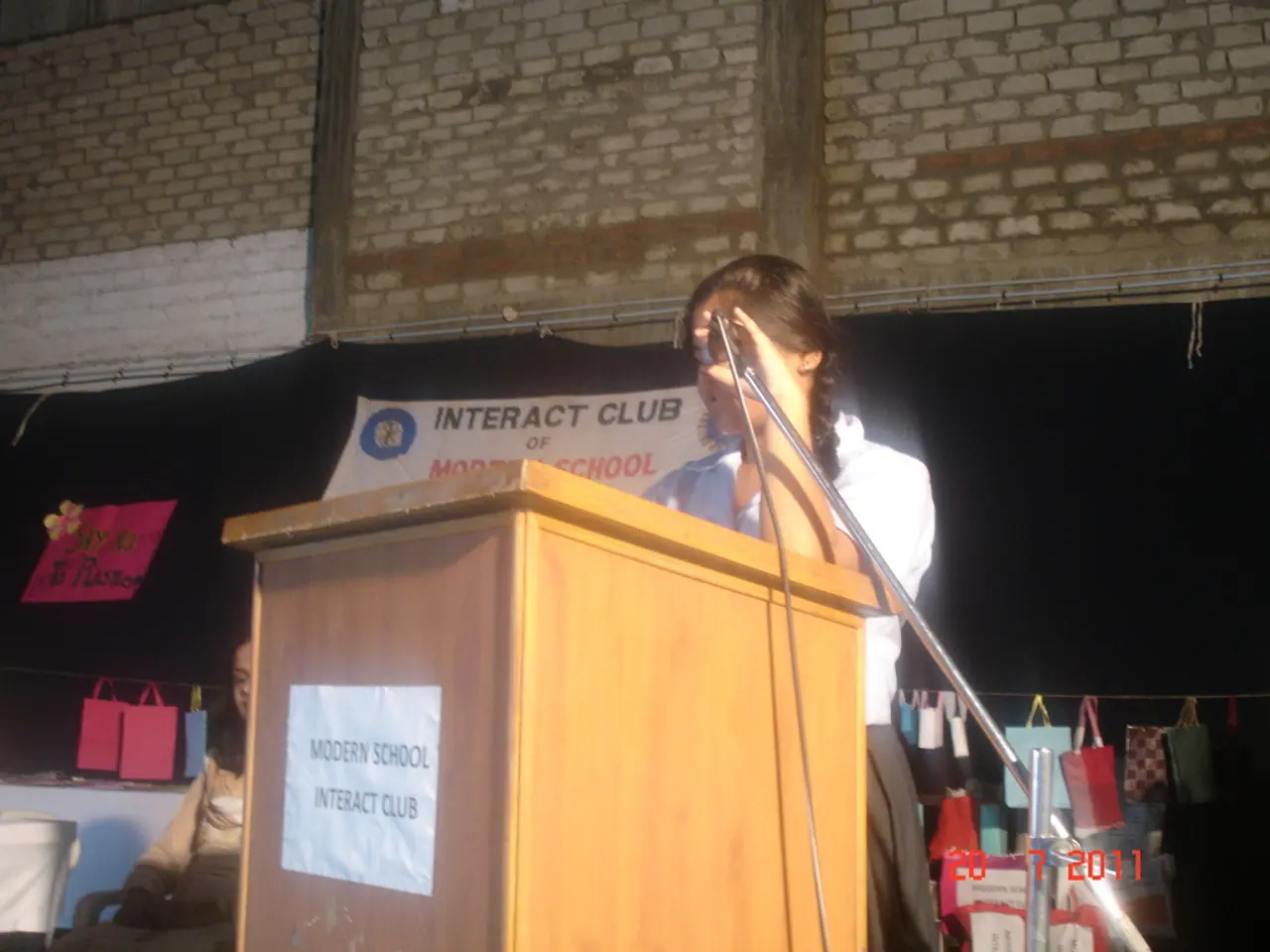"EU Commission Needs to Cease Opposition Towards the Parliament"
The European Parliament has expressed its disapproval towards the European Commission over the perceived lack of transparency in the negotiations for the next seven-year EU budget, known as the Multiannual Financial Framework (MFF). The Parliament's concern stems from the belief that the Commission's proposal could undermine its democratic oversight role, a critical aspect as the only directly elected EU institution with budgetary and discharge authority.
MEPs are particularly alarmed by the Commission's proposed performance-based mechanism for allocating funds to member states, which they fear could circumvent democratic scrutiny and sideline Parliament's powers in budget allocation and monitoring. They insist on a transparent budget process that ensures the Parliament maintains full prerogatives supported by a detailed budget structure allowing for meaningful oversight.
The Parliament's vision for the next MFF is for the Commission to stop working against it, as it has done in recent months. The Parliament is ready to fight to ensure the budget matches the EU's ambitions and is subject to full democratic oversight.
The Parliament's criticism is not limited to far-right groups. Criticism has come from all groups, reflecting a broader concern across the European Parliament. The Parliament hopes to restore trust in the Commission in the coming months to ensure transparency and an inclusive procedure in the budget negotiations.
The Commission's proposal includes a potential renationalization of budgets, more competencies for member states, and a weakening of the European Parliament. The Parliament, however, emphasises the need for a slight increase in the overall volume of the budget to accommodate new priorities such as defence and competitiveness, while ensuring that traditional priorities, including subsidies for the common agricultural policy, remain important.
The allocation of European funds will be redesigned by every newly elected national government, which lacks planning security for various recipients of EU funds. The European Parliament will negotiate transparently, openly, and with a clear conscience with all member countries, including Germany, to reach a common understanding of the budget's need, priorities, and funding.
Germany, as a net contributor at the beginning of the negotiations, cannot support a blanket increase in the EU budget. However, the Parliament is determined to ensure that the budget reflects Europe's challenges and meets its ambitions. The European Union faces new priorities in areas such as competitiveness, defence, strengthening of external borders, and combating illegal migration, and a slight increase in the overall volume of the budget is necessary for these new priorities.
[1] European Parliament, "European Parliament outraged at Commission over lack of transparency in MFF negotiations", press release, [date]. [2] European Parliament, "MEPs criticise Commission's MFF proposal for being insufficient to meet Europe’s challenges", press release, [date]. [3] European Parliament, "Parliament calls for transparency and inclusive procedure in the budget negotiations", press release, [date].
- The European Parliament, expressing disapproval towards the European Commission, is particularly alarmed by the Commission's proposed performance-based mechanism for allocating funds to EC countries, fearing it might bypass democratic scrutiny and undermine their budgetary authorities in vocational training, politics, general-news, and other domains.
- In its vision for the next Multiannual Financial Framework (MFF), the European Parliament insists on a transparent budget process that ensures its full prerogatives in vocational training, politics, general-news, and other key areas, supported by a detailed budget structure allowing for meaningful oversight.





